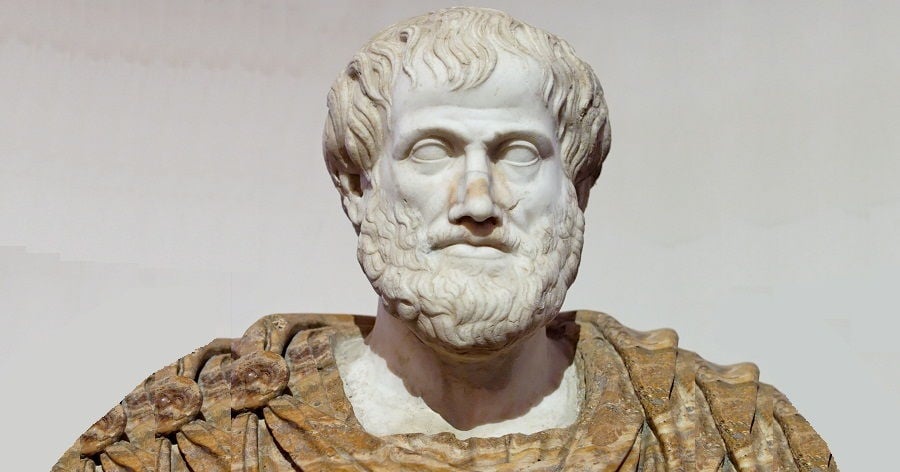Aristotle s famous work covered many subjects he wrote about philosophy politics logic and music as well as developing many new and influential scientific ideas

Aristotle’s Contributions to Philosophy, Politics, Logic, Music, and Science

Throughout history, countless intellectuals have left an indelible mark on the world with their profound thoughts and revolutionary ideas. One such luminary was Aristotle, who is widely regarded as one of the greatest philosophers and thinkers of all time. This article explores Aristotle’s remarkable works, which span various subjects such as philosophy, politics, logic, music, and his influential scientific propositions.
Philosophy: The Foundation of Aristotle’s Legacy
Aristotle’s philosophical ideas laid the groundwork for Western philosophy, leaving an unparalleled impact on subsequent generations. His magnum opus, “Metaphysics,” delved into the fundamental nature of existence, reality, and knowledge. This remarkable work explored the concepts of causality, substance, potentiality, actuality, and the nature of being. Aristotle also developed the theory of the Four Causes, which provided an explanation for why things exist and change.
Politics: Governance and Society
A visionary in political thought, Aristotle penned his famous work “Politics,” in which he examined different forms of government and their implications for society. He classified governments into three broad categories: monarchy, aristocracy, and constitutional government. Through his analysis, Aristotle emphasized the importance of the rule of law, advocating for the well-being and happiness of citizens as the ultimate goal of any political system.
Logic: Unraveling the Art of Reasoning

Aristotle’s contribution to the field of logic revolutionized the way we approach reasoning and argumentation. In his groundbreaking work, “Organon,” he established the foundations of formal logic. Aristotle introduced logical concepts such as syllogism, which involves deductive reasoning based on two premises that lead to a conclusion. His logical framework became the basis for the study of logic for centuries to come, deeply influencing philosophers and scholars across generations.
Music: The Harmony of the Soul
Beyond his philosophical and political endeavors, Aristotle had an intriguing fascination with music. In his writings, he explored the role of music in education, emphasizing its profound influence on the development of character and soul. Aristotle believed that music had the power to shape individual emotions and cultivate virtues. He analyzed the various musical modes and their impact on human psychology, delving into their ability to evoke distinct emotions and moods.
Scientific Ideas: Innovation and Discovery
Aristotle’s thirst for knowledge extended to the scientific realm, where he made numerous groundbreaking contributions. In his comprehensive work, “Physics,” he laid down foundational principles that shaped our understanding of the natural world for centuries. Aristotle proposed the concept of the four elements: earth, water, air, and fire, and believed that the universe operated based on the principles of natural motion and the hierarchy of potentiality and actuality. Although some of his scientific theories were later disproven, his meticulous observations and inquiries served as a catalyst for further scientific exploration.
In conclusion, Aristotle was an intellectual heavyweight who explored a myriad of subjects, leaving an indelible mark on philosophy, politics, logic, music, and science. His writings served as a cornerstone for subsequent generations, inspiring countless minds to delve deeper into the mysteries of the universe. From his philosophical contemplations on existence to his revolutionary ideas in logic, Aristotle’s legacy is etched into the annals of intellectual history.
Source: The Famous People
Tags
Share
Related Posts
Quick Links
Legal Stuff

